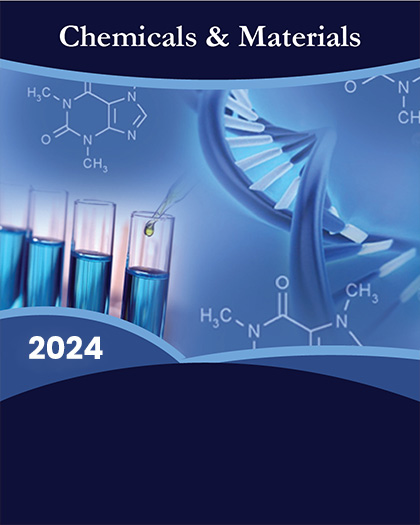
Global Activated Carbon Market is valued at approximately USD 5.21 billion in 2023 and is anticipated to grow with a healthy growth rate of more than 5.70% over the forecast period 2024-2032. Activated carbon also known as activated charcoal is a form of carbon that has been processed to have a large surface area and high porosity. This structure allows it to adsorb a wide range of substances effectively. Activated carbon is commonly produced from carbonaceous source materials such as wood, coal, coconut shells, and peat through physical or chemical activation processes. There is a growing trend towards the use of renewable and bio-based sources for activated carbon production. Agricultural waste, coconut shells, and wood are increasingly being used as raw materials, aligning with the global push towards sustainability and reducing the carbon footprint. Thus, the growing adoption of renewable and bio-based activated carbon is anticipated to support market growth across the globe
In addition, the increasing demand for water treatment significantly supports the growth of the activated carbon market. Governments and regulatory bodies worldwide have implemented strict standards for water quality, both for drinking water and industrial wastewater. Activated carbon is highly effective in meeting these standards by removing contaminants such as organic compounds, chlorine, pesticides, and heavy metals from water. Regulations like the Safe Drinking Water Act (SDWA) in the U.S. and the Drinking Water Directive in the EU enforce stringent limits on allowable contaminant levels, driving the need for advanced water treatment solutions that generally include activated carbon. Also, activated carbon is used in the purification of pharmaceutical products, ensuring the removal of impurities and maintaining high product quality, that anticipated to create a lucrative demand for the Activated Carbon. However, the strict environmental regulations and high production costs are expected to hinder the growth of Global Activated Carbon Market during the forecast period 2024-2032.
The key regions considered for the global Activated Carbon market study include Asia Pacific, North America, Europe, Latin America, and Rest of the World. In 2023, North America was the largest regional market in terms of revenue. It is expected to stay dominating during the projection period, as APAC is the largest consumers, primarily for water treatment applications. The growth of Asia Pacific's population has boosted the demand for safe and pure water for consumption, driving up demand for activated charcoal. Furthermore, raw material availability and cheap costs are projected to boost market growth. Whereas, Europe is expected to grow with the highest CAGR during the forecast period 2024-2032.
Major market players included in this report are:
Osaka Gas Chemicals Co., Ltd.
Donau Carbon GmbH
Cabot Corporation
Puragen Activated Carbons
Carbotech AC GMBH
Kuraray Co., Ltd.
Kureha Corporation
Activated Carbon Technologies Pty Ltd
Silcarbon Aktivkohle GmbH
James Cumming & Sons Pty Ltd
The detailed segments and sub-segment of the market are explained below:
By Type
Powdered
Granular
Others
By Application
Water Treatment
Air & Gas Purification
Food & Beverage
Pharmaceutical & Healthcare Treatment
Others
By Region:
North America
U.S.
Canada
Europe
UK
Germany
France
Spain
Italy
ROE
Asia Pacific
China
India
Japan
Australia
South Korea
RoAPAC
Latin America
Brazil
Mexico
Middle East & Africa
Saudi Arabia
South Africa
RoMEA
Years considered for the study are as follows:
Historical year - 2022
Base year - 2023
Forecast period - 2024 to 2032
Key Takeaways:
Market Estimates & Forecast for 10 years from 2022 to 2032.
Annualized revenues and regional level analysis for each market segment.
Detailed analysis of geographical landscape with Country level analysis of major regions.
Competitive landscape with information on major players in the market.
Analysis of key business strategies and recommendations on future market approach.
Analysis of competitive structure of the market.
Demand side and supply side analysis of the market.
























